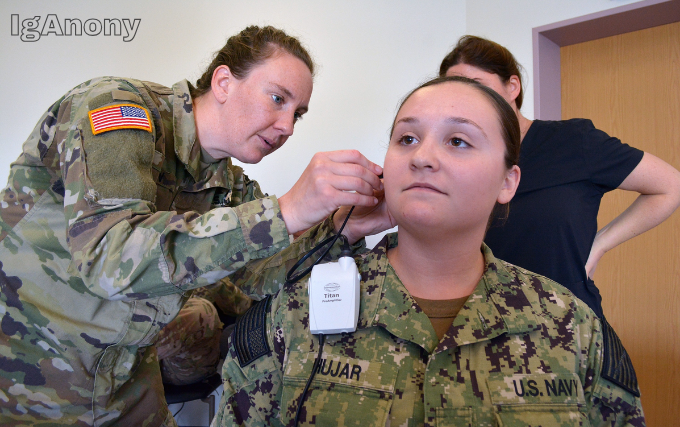Service personnel are expected to deal with considerable personal risk. It’s one of the defining features of any front-line job. When we think of injured veterans, what springs to mind might be an amputee, or a person suffering from post-traumatic stress. But there’s a common problem suffered by many veterans that doesn’t attract quite the same level of attention: hearing loss.
Everyday causes of hearing loss in service
If you’re in the armed forces, then you might be exposed regularly to loud noises. This might take the form of a shell detonating near to your head, which can cause massive ear trauma and instant, permanent hearing loss. More common are small pieces of hearing loss that accumulate over time. You might be exposed to small arms fire, engine noises, and a variety of other loud noises. Over time, this might cause you to struggle to hear instructions, and even everyday conversation.
Recognising the impact
When your senses are damaged, your capability as a soldier might suffer. But hearing loss can also cause problems that go beyond operational effectiveness. You might have difficulty following conversations, and you might have to ask strangers at parties to repeat themselves – or worse, pretend to have heard what was said. This can lead to a kind of gradual isolation that worsens over time.
What support looks like
So, what can be done about it? There are two kinds of intervention to consider. First, there are medical interventions, like hearing aids and NHS audiology services. Then there’s emotional and psychological support, which might take the form of counselling – or perhaps even a long, honest chat with a close friend.
Text-based chats can be highly effective, and tempting for those suffering from hearing loss. But bear in mind that you risk missing out on the benefits of face-to-face contact and body language if you retreat into WhatsApp groups. Don’t be tempted to resort to ChatGPT, either. In the long run, reliance on these services can be highly debilitating.
Knowing your rights
The armed forces are like any other employer, in that they can be held accountable for injuries suffered by employees. For a claim to be successful, it will need to be demonstrated that the employer failed in a duty of care toward the claimant. Whether this is the case in your situation might depend on your circumstances. Military hearing loss claims should ideally be handled by a specialist lawyer.
Conclusion
While hearing concerns are often dismissed, they can be seriously debilitating. Make sure, therefore, that you take yours seriously. The earlier you can intervene to safeguard your own physical and social well being, the lower the impact that your hearing loss will have on your day-to-day life.







